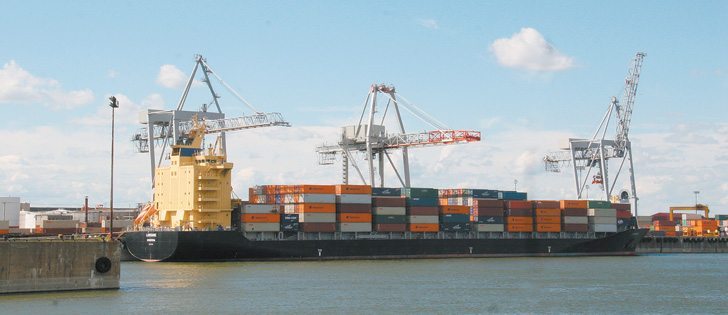Federal and provincial agriculture officials and their political bosses have been discussing the next five-year farm program framework for at least two years.
They are down to the last weeks with the final details not decided but the outline clear — farm support programs will be radically changed, support levels reduced and emphasis switched to supporting “innovation and competitiveness programs.”
Agreement on these radical changes is scheduled to be made at a meeting in Whitehorse Sept. 12-14.
The impact on farm business risk management support programs is projected to be more than $2 billion in reductions over five years.
Read Also

Budget seen as fairly solid, but worrying cracks appear
The reaction from the agriculture industry to prime minister Mark Carney’s first budget handed down November 4th has been largely positive.
And now they are determined — nay, anxious — to get farmers who will be affected involved in the discussion.
“All provincial ministers will be meeting with producers in some depth,” assistant federal agriculture deputy minister Greg Meredith told Canadian Federation of Agriculture leaders from across the country in a conference call last week.
“Ministers have been clear they want to engage producers, and they will.”
Agricultural policy discussions rarely provide belly laughs, but anyone prone to outbursts of wonderment would have been hard pressed not to react.
Farmers are going to be “engaged” in the discussion at five minutes to midnight?
Really, farmers are going to be told what is on the table but not even the details.
They will be told the “parameters” of policy changes being discussed but not the details or potential impacts. That would corrode the ministers’ power to make decisions.
As CFA leaders pressed him about details and why farmers could not be able to warn politicians about what not to do, Meredith said he would not go into detail.
“My reluctance about going into specific detail about what may or may not have been discussed over time is that this really is a federal-provincial negotiation,” said the senior bureaucrat.
“Negotiating in public isn’t always the best strategy. There really is no solution you could point to as something that producers or producer groups could react to. There is a range of parameter changes that I’ve talked about.”
Cut out the government-speak and here was the message: ministers will decide and then farmers who are affected will be told what to expect.
To be fair to Meredith, he was doing the best he could in the face of some hostile questioning.
He should not have been the government front man facing the country’s largest farm organization. It should have been agriculture minister Gerry Ritz, the main promoter of the program overhaul.
It was also sadly laughable as CFA leaders demanded that they be included now with a briefing on options so they could offer input.
Input on what? The outline has already been decided.
Unless they are prepared to take on governments and ministers, all they could do by being brought inside the tent at the last hour is to become complicit in the final decision.
Better to stay outside and wash their hands of the result. Let the ministers wear the results, for good or bad.
To suggest that in the last month of negotiations farmers will be “engaged” in the process is to stretch the concept of consultation and input to the breaking point.














